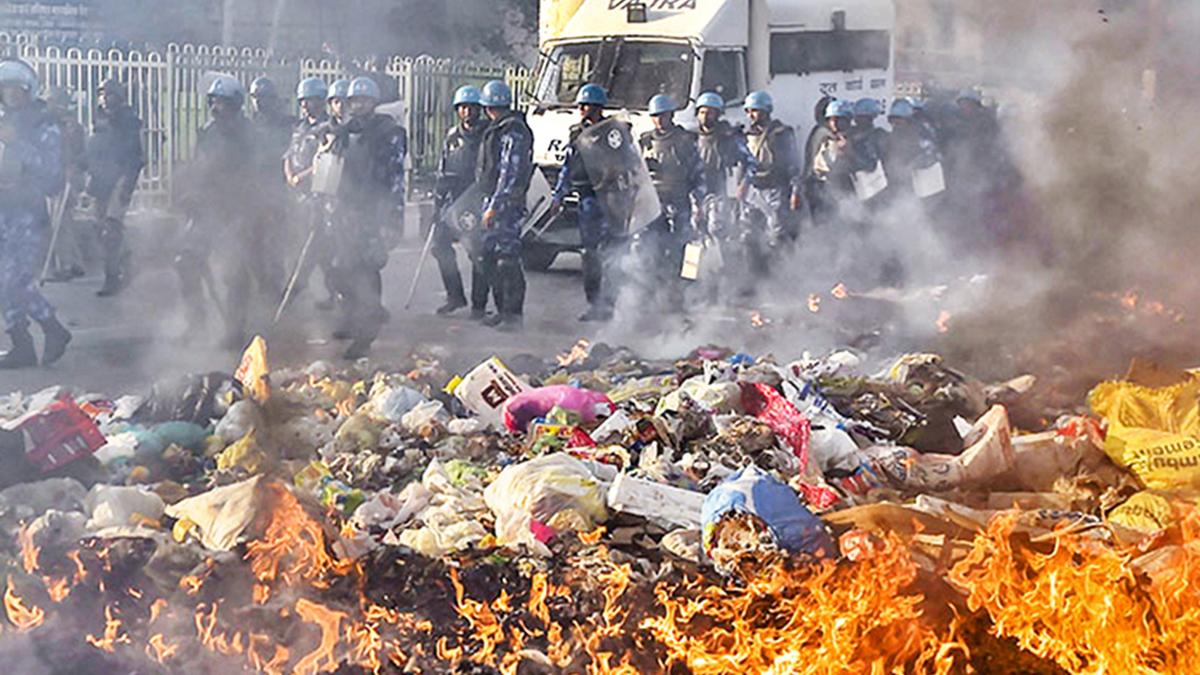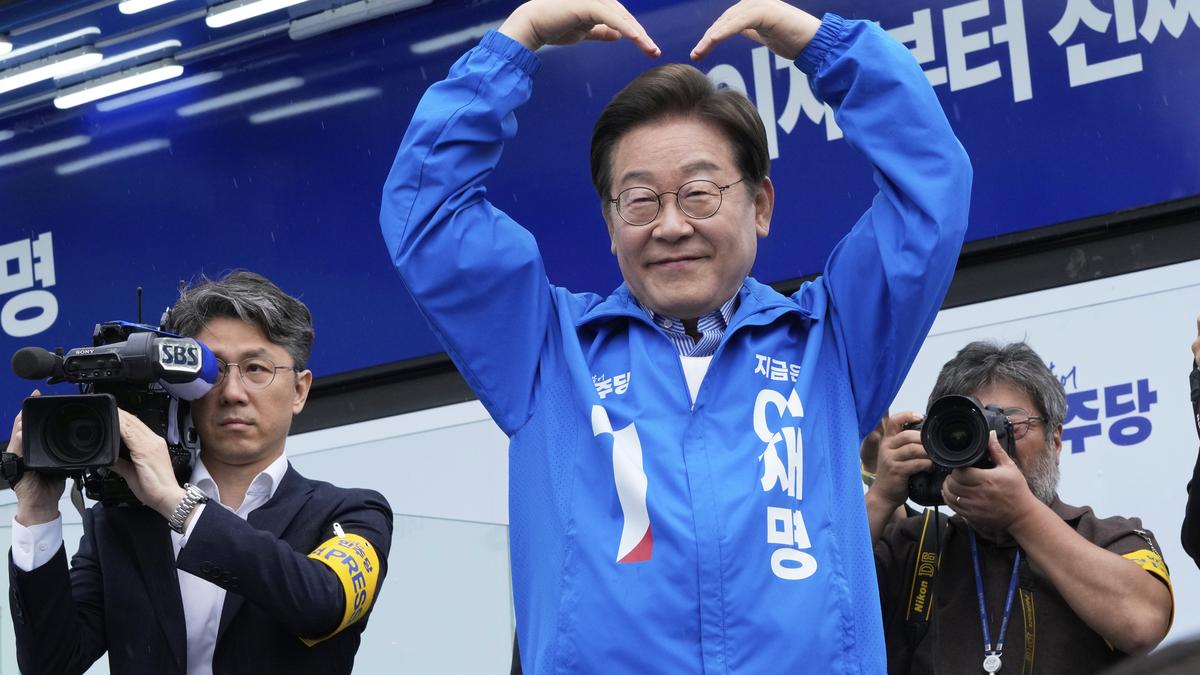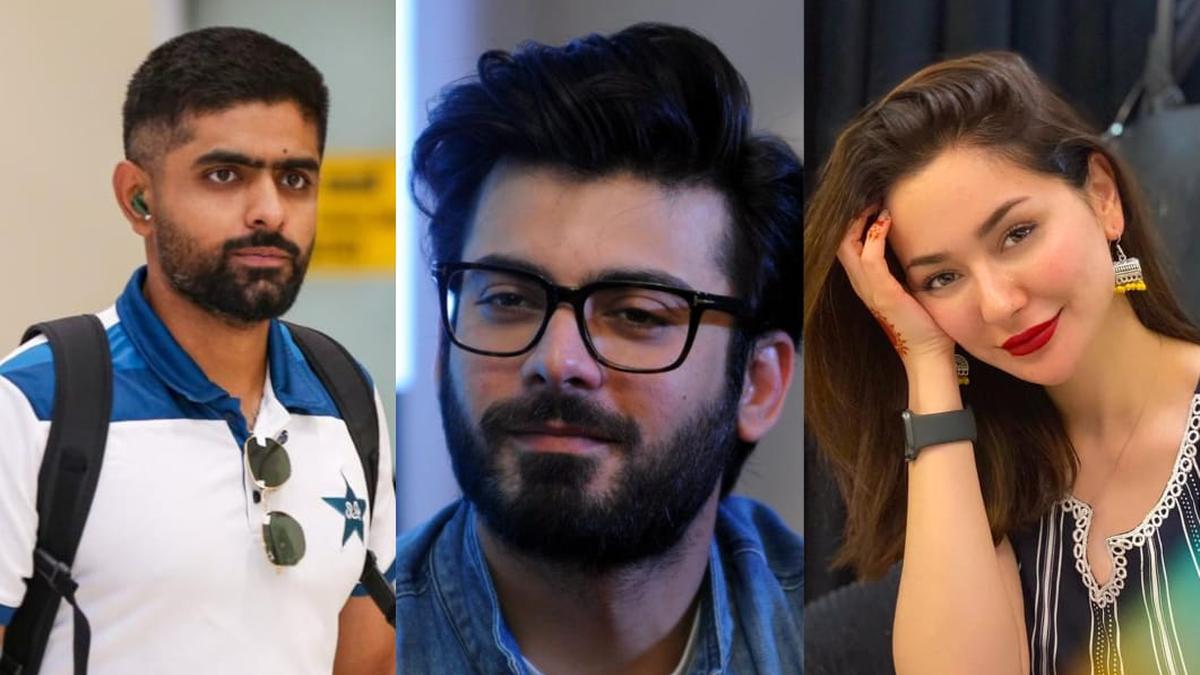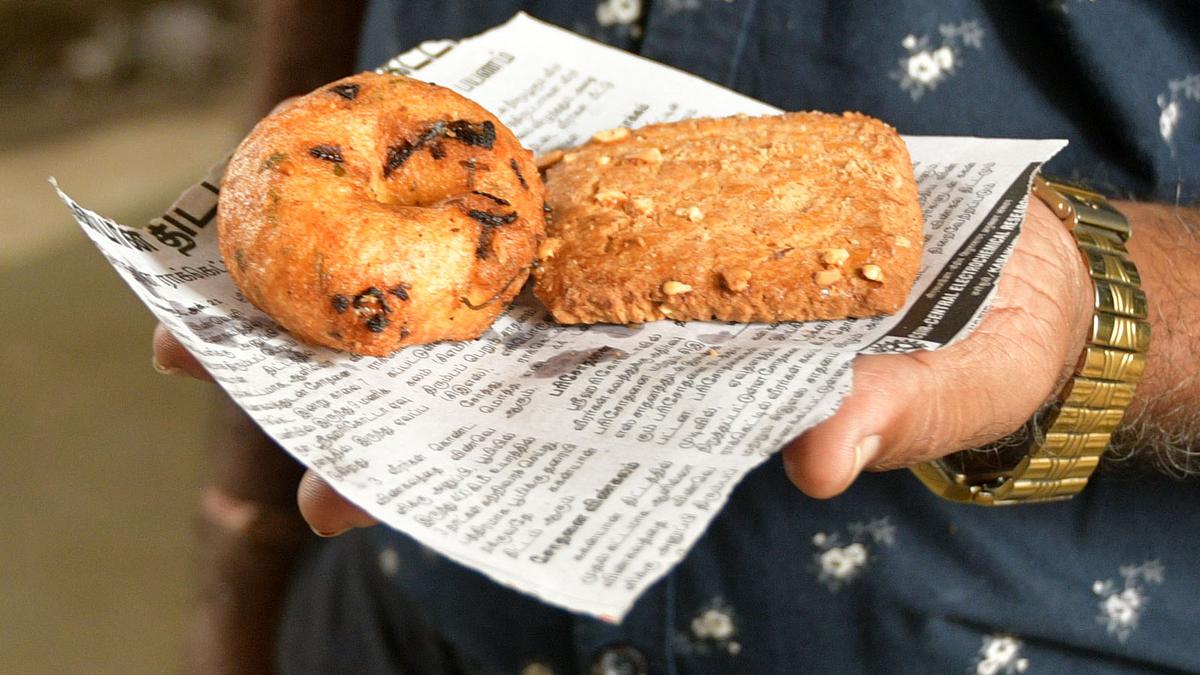
The development is likely to help speed up one of Delhi’s most high-profile trials in connection with the violence that left 53 people dead and over 700 injured.
| Photo Credit: file photo
The Delhi High Court on Wednesday revoked the transfer of Additional Sessions Judge Sameer Bajpai, who was hearing the north-east Delhi riots “larger conspiracy” case.
The High Court had on May 30 transferred ASJ Bajpai, who had been hearing arguments on the framing of charges in the February 2020 communal violence “larger conspiracy” case in a Karkardooma court on a daily basis since September last year, to the Saket courts complex as part of a routine transfer process.
He was replaced by ASJ Lalit Kumar, who, on June 2, had ordered fresh hearings in the matter.
The development is likely to speed up one of Delhi’s most high-profile trials in connection with the violence in several parts of north-east Delhi, which left 53 people dead and over 700 injured.
The transfer of ASJ Bajpai had drawn criticism from lawyers who felt that the move would cause the trial, which has already been delayed due to pending investigations and judicial transfers, to further slow down.
“The pace at which the case is moving can be gauged by the fact that of the 18 accused booked under the Unlawful Activities (Prevention) Act, 1967, among other charges, most have been in jail for over four years,” said a lawyer on condition of anonymity.
The “larger conspiracy” case is among the many pertaining to the riots and is so named because Delhi Police, which is probing the matter, has claimed that the violence was part of a “deep-rooted conspiracy”. Key accused in the case include former Delhi councillor Tahir Hussain, student activists Umar Khalid, Khalid Saifi, Ishrat Jahan, Meeran Haider, Gulfisha Fatima, Shifa-Ur-Rehman, Asif Iqbal Tanha, Athar Khan, Safoora Zargar, Sharjeel Imam, and Natasha Narwal.
2,500 arrested so far
In the months following the riots, the police arrested over 2,500 people in various cases based on CCTV footage and testimonies of victims and eyewitnesses.
During the four years of trials, the city courts gave bail to more than 2,000 people. Several trial courts also made adverse comments about the police’s “shoddy” investigations.
The arguments over the framing of charges began in 2024, a year after the filing of the chargesheet.
Published – June 20, 2025 01:14 am IST



